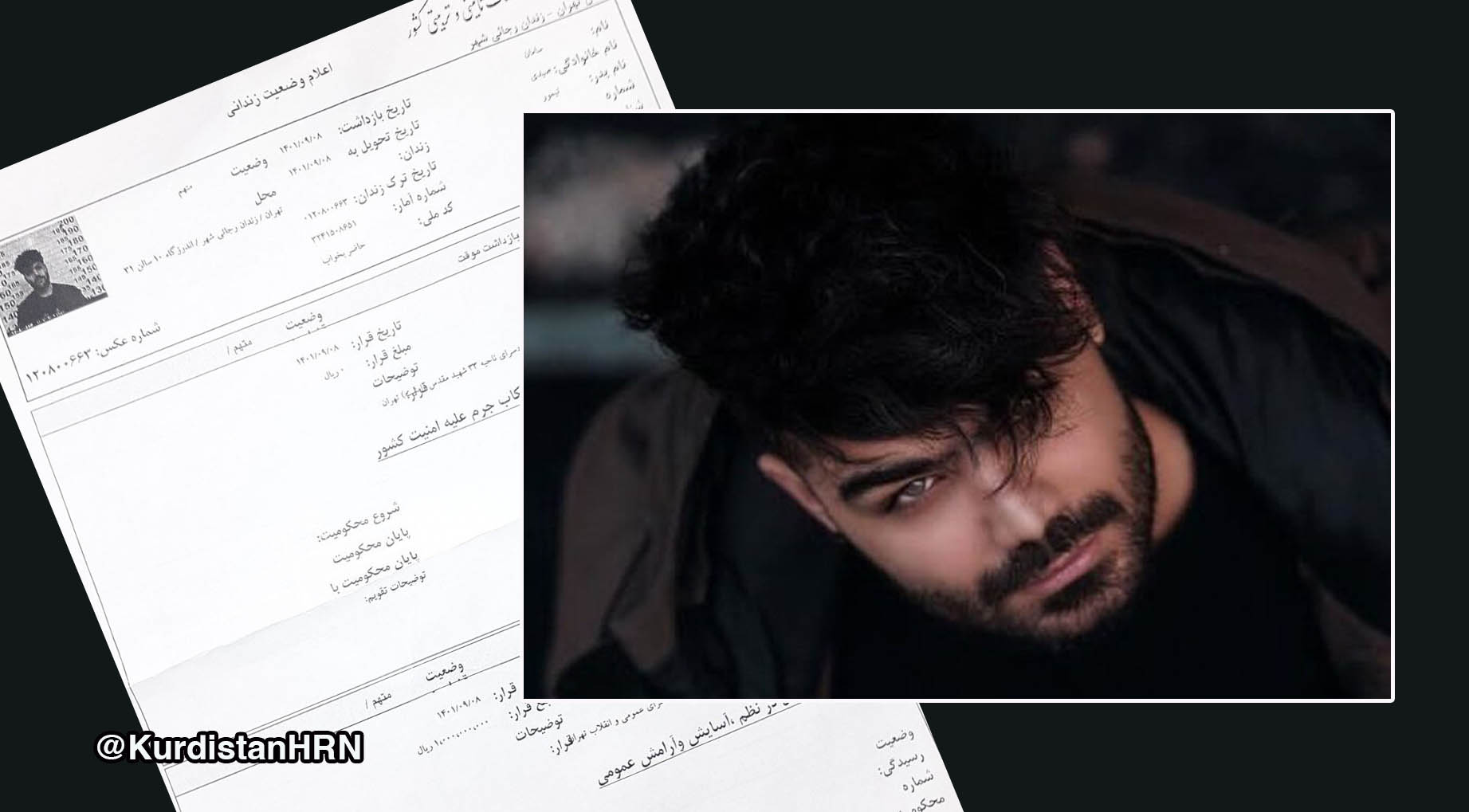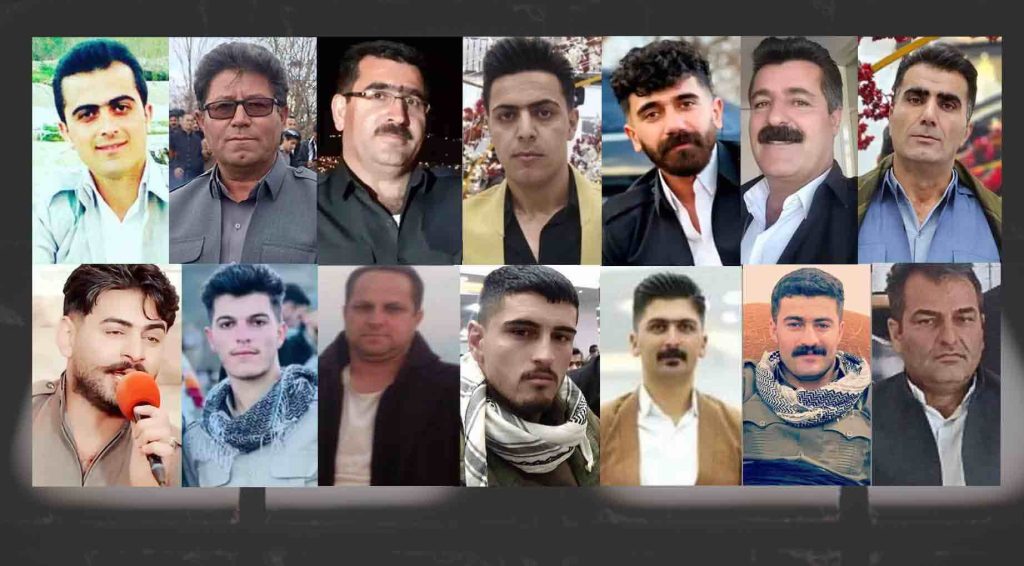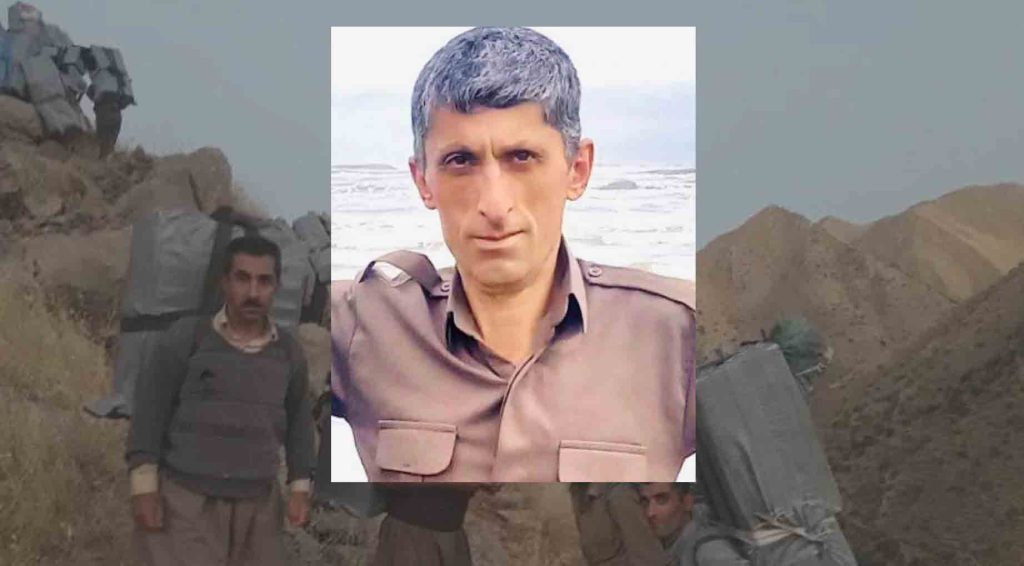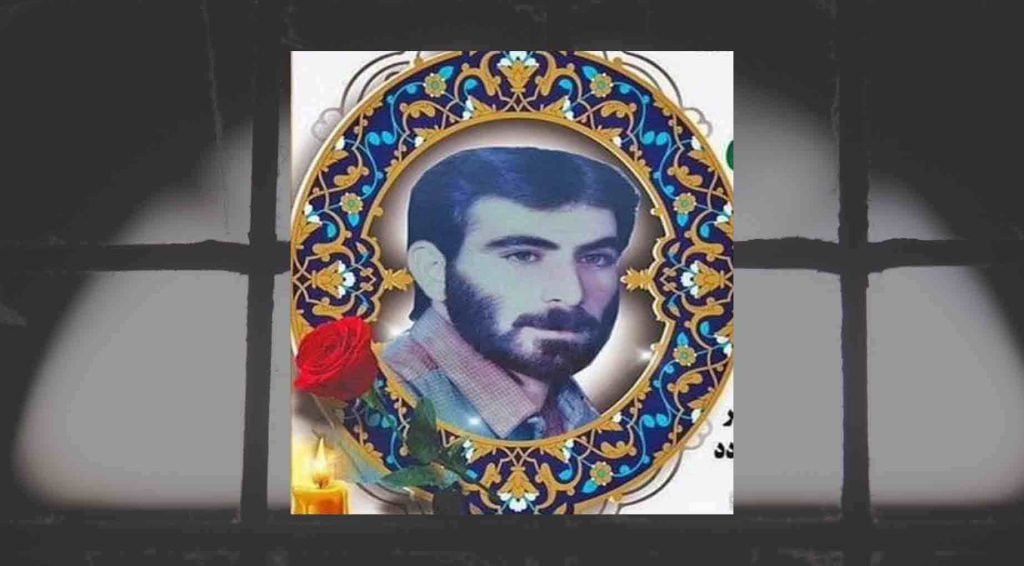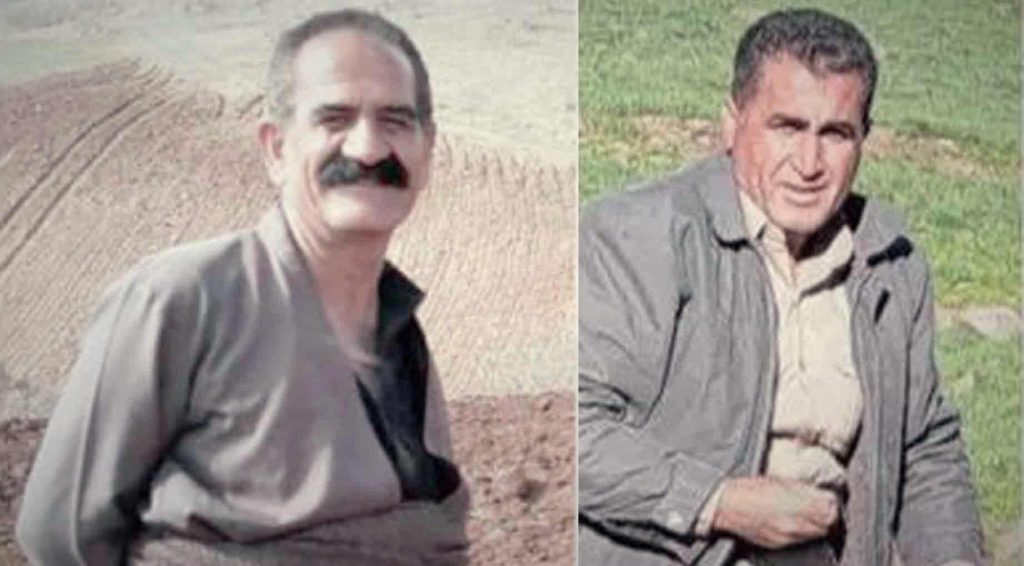The Islamic Revolutionary Court in Tehran has sentenced Saman Yasin, a Kurdish rapper from Kermanshah, Kermanshah Province, to five years of exile imprisonment in Babak, Kerman Province, after one year and seven months of detention.
Originally sentenced to death for “enmity against God” (moharebeh), Yasin’s sentence was overturned by the Supreme Court on the grounds of flaws in the investigation, leading to a retrial in the issuing court.
The Kurdistan Human Rights Network (KHRN) has learned that Yasin’s trial, which has been repeatedly delayed in recent months, was convened on 17 April under the presiding judgement of Judge Amouzadeh in Branch 15 of the Islamic Revolutionary Court in Tehran.
On 21 April, his lawyer was officially informed of the five-year exile sentence on charges of “assembly and collusion with the intention of committing crimes against national security”.
Yasin’s legal counsel intends to contest the verdict, highlighting its subjectivity to appeal.
Throughout his detention, Yasin has been denied the right to temporary leave and has twice been transferred to psychiatric care facilities.
Yasin, who suffered a ruptured nose as a result of torture during interrogation, was hospitalised outside prison last week for nasal surgery.
Background
Yasin, who comes from Kermanshah, western Iran, was arrested after he was beaten by security forces during the anti-government uprising of Women, Life, Freedom in Tehran on 30 September 2022.
After his arrest, Yasin was first taken to the Public Prosecutor’s Security Office in Evin Prison and then transferred to the Greater Tehran Central Penitentiary and Evin Prisons.
On 29 October 2022, the Islamic Republic of Iran’s state news agencies reported that a court hearing was held for several arrested protesters, including Saman Yasin.
On the same day, a video of the singer’s forced “confessions” was released by state media.
The state-run outlets said that the Kurdish artist had been charged with “enmity against God” (moharebeh), which carries the death penalty in Iran, and “assembly and collusion with the intention of acting against the security of the country”.
Yasin’s death sentence verdict was issued by Branch 28 of the Islamic Revolutionary Court in Tehran, presided over by Judge Amouzad.
In late December 2022, the Iranian Supreme Court overturned Yasin’s death sentence due to “lack of investigation” and referred it to the same court for reinvestigation and retrial.
The document sent to Yasin in prison stated that the charges brought against him were “assembly and collusion with the intention of committing a crime against the security of the country”, and “disturbing the public order and peace”.
Since his arrest, Yasin has been interrogated several times and subjected to physical and mental torture, including solitary confinement, being kept in a room known as “the morgue”, severe beating, sticking a pen in his left nostril, being thrown down from stairs, and being forced to make “confessions” under duress.
He has also gone on hunger strike several times to protest against his harsh conditions in prison and the state of uncertainty surrounding his case.
On 20 December 2022, Yasin attempted suicide by swallowing pills due to the harsh detention conditions in Hall 31 of Ward 10 of Rajai Shahr Prison. He received the initial treatment at the prison hospital and was then moved to the political prisoners’ ward.
Several scheduled hearings in Yasin’s case have been cancelled for various reasons. Most recently, on 7 February 2024, his court session at Branch 15 of the Islamic Revolutionary Court in Tehran, presided over by Judge Salavati, was cancelled due to the absence of his appointed lawyer.
Following repeated cancellations, Yasin angrily banged his head against the wall in protest at the latest cancellation, causing serious injuries.

